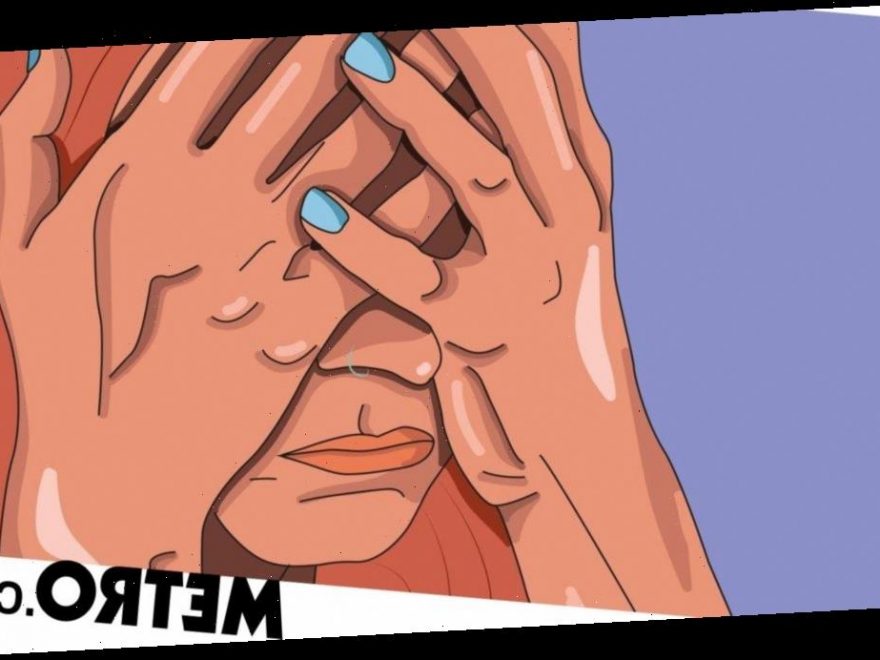Being in debt can be seriously scary. Whether it’s credit cards, overdrafts, car parking tickets or loans, owing money and not being able to pay it is stressful and anxiety-inducing.
But how bad can being in debt actually get?
You may have heard some horror stories about people going to prison for being unable to pay off their debt – but we’re here to tell you that this is for the most part a big fat myth.
According to Debt Support Trust, a debt help charity, you cannot go to prison simply for being in debt. Being in debt is not a crime. The only way you could end up doing some jail time that would have anything to do with debt is if you act fraudulently, or if you don’t adhere to a court order.
There are other enforcement methods that will usually be employed before imprisonment, such as attachment of earnings, which is when money is taken directly from your wages.
As mentioned, you could face jail time for acting fraudulently, which would include deliberately claiming for benefits that you are not legally entitled to, or if you took out credit with no intention of paying it back.
If you have legally obtained credit cards, loans, utility bills, store cards and other types of debt you do not need to worry – if they were applied for honestly, it is a civil matter and you cannot go to prison, even if you refuse to pay back the money you owe.
How could you end up facing prison as a result of debt?
The only way you could go to jail as a result of debt is if you deliberately disobey certain court orders.
For example, if a bailiff has been unsuccessful in seizing goods and creditors then use other means to enforce collection, such as an attachment of earnings order.
The charity states that if you have a court order against you and you are asked to pay back a certain amount then you must adhere to this, or you could be jailed on the grounds of breaking the agreement from the court.
If you deliberately and persistently refuse to cooperate with the county courts in these matters, you can be arrested and sent to prison for up to 14 days.

But it’s important to remember that no prison sentence will ever be because of non-payment of debt, but for the offence of failing to follow a court’s order in regard to the debts.
The prison sentence will not be for non-payment of the debt, but will be for the offence of failing to follow the court’s order in regard to the debts.
And, as mentioned, most companies will try to settle things privately with you before facing any court action – by initiating things such as payment plans, or by negotiating a settlement before taking court action – which is what generally happens with council tax debt.
What are the debt solutions to avoid prison?
As mentioned, you won’t be jailed for being in debt – but there are ways you can prevent it leading to court action.
It’s always best to seek help and deal with your debt before it becomes a court issue.
It is important to keep in touch with the companies you owe money to, in order to be able to update them on your situation, to ask them what can be done in terms of smaller payment plans and settlements.
You can also contact organisations such as Debt Support Trust, to speak to an advisor about your debt who can help you with available debt solutions for your circumstances.
You could also speak to Debt Support Service, who may be able to help you with a debt management plan, which is an informal arrangement between yourself and your creditors, which allows you to pay back your debts at a rate you can afford.
What’s most important to remember is that although being in debt is scary, it can be sorted out, and it’s important you do seek help, don’t suffer alone and remain proactive.
Source: Read Full Article
